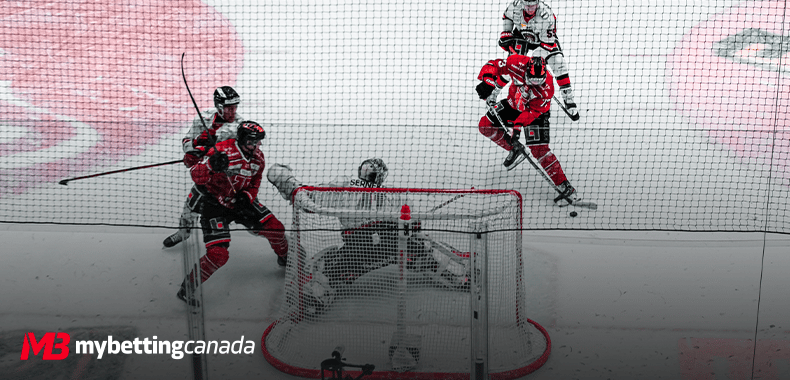Sportradar will monitor water polo matches
Sportradar Integrity Services announced it has agreed to a two year partnership with World Aquatics to monitor international water polo matches for match-fixing and betting corruption.
Sportradar will monitor over 450 water polo matches over the next couple of years. They will monitor water polo tournaments at the World Aquatics Championships for the men and women, the U20 Championships for men and women, and the Water Polo World Cups for men and women.
Although betting on water polo isn’t as popular as soccer betting or basketball, the sport still needs to be protected from match-fixers according to Sportradar EVP Integrity Services Andreas Krannich. “In recent years we have seen match fixers infiltrate an ever-increasing range of global sports at various levels of competition, including youth events. Aquatic sports are not immune to such integrity threats, and we are committed to providing the strongest integrity provisions using our technology to protect World Aquatics water polo competitions over the next two years.”
Expanding its reach
Sportradar already monitors over 850,00 matches a year for more than 70 sports. Sportradar also monitors youth competitions because they are still attractive to match-fixers. “Of course we see youth competitions are targeted. We have cases in Russia where there are academies for match fixers where young talent are forced to manipulate and trained to manipulate.” World Aquatics Executive Director Brent Nowicki explained the significance of this partnership.
“We are firmly dedicated to protecting our competitions from integrity threats, particularly as we move closer to the Paris 2024 Olympic Games. The depth of knowledge that Sportradar Integrity Services provides through its UFDS platform and expert team puts us in a great position to mitigate any betting-related issues that may arise across our competitions.”
Sportradar uses AI to detect suspicious matches and also works with sports leagues and betting operators to fight match-fixing and betting corruption. Sportradar Integrity Services is a supplier of “monitoring, intelligence, education, and consultancy solutions for sports organizations, state authorities, and law enforcement agencies to support them in the fight against match-fixing and corruption.”
Evolution of Sportradar’s monitoring system
Sportradar Integrity Services has offered their monitoring system to different sports and leagues since 2001, and it has continued to evolve with technology to keep up with the growth of sports betting. “We can now really apply AI models where we identify what’s on a micro level suspicious patterns that back in the day we were not able to identify. Technology helps and provides more transparency to this,” Krannich said.
Earlier this year, Sportradar released a report on match-fixing and betting corruption. The report explains how Sportradar Integrity Services protects sports from betting corruption in depth and lists their results.
Last year, over 1,200 suspicious matches were detected by Sportradar. Krannich spoke about the report in a Q & A, explaining why their work is important and answering questions about the report. “Integrity is in our DNA, it’s fundamental to it. In sport we talk about anti-doping or anti-match-fixing, sports usually do not dedicate a lot of funding to,” Krannich said.


